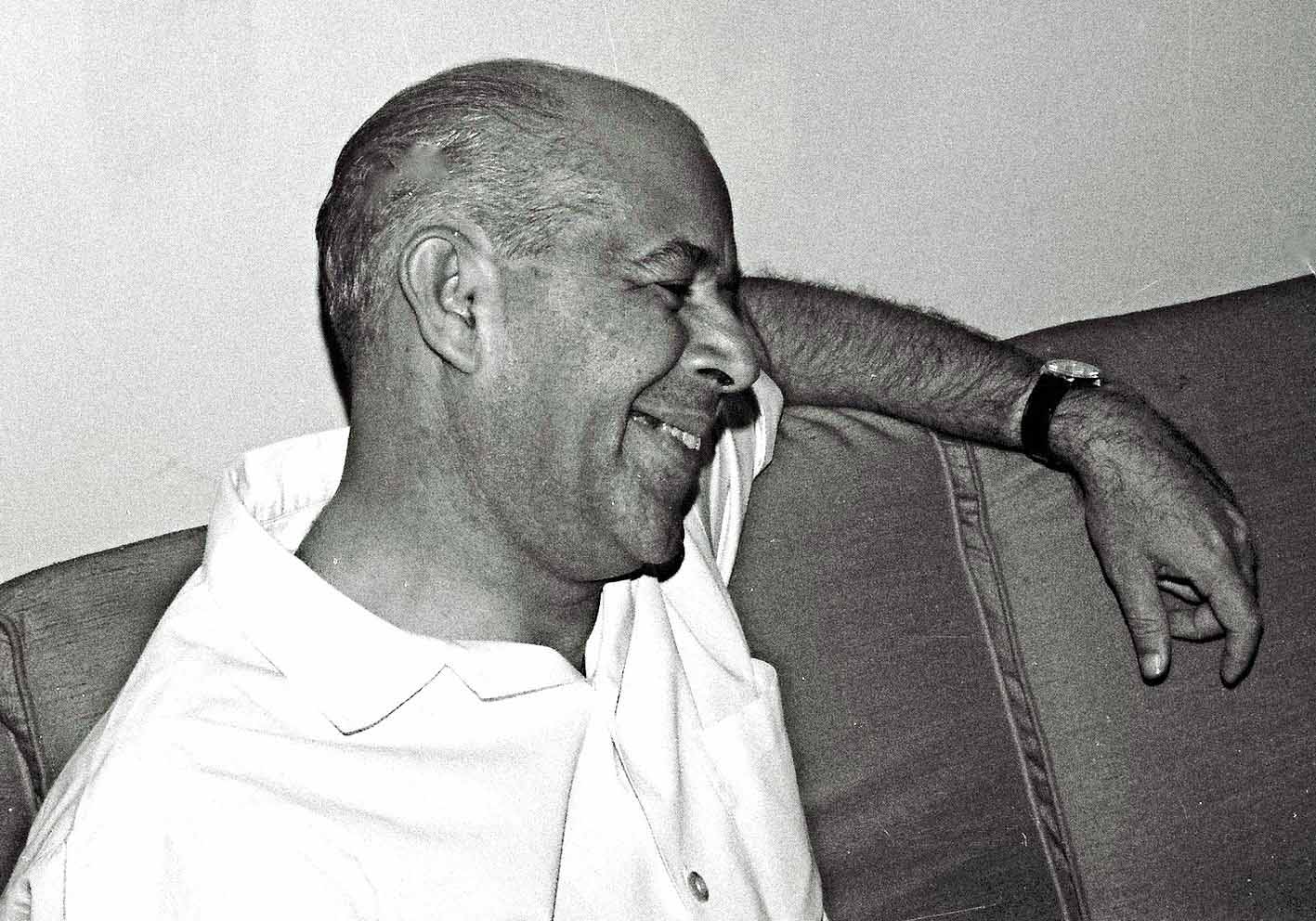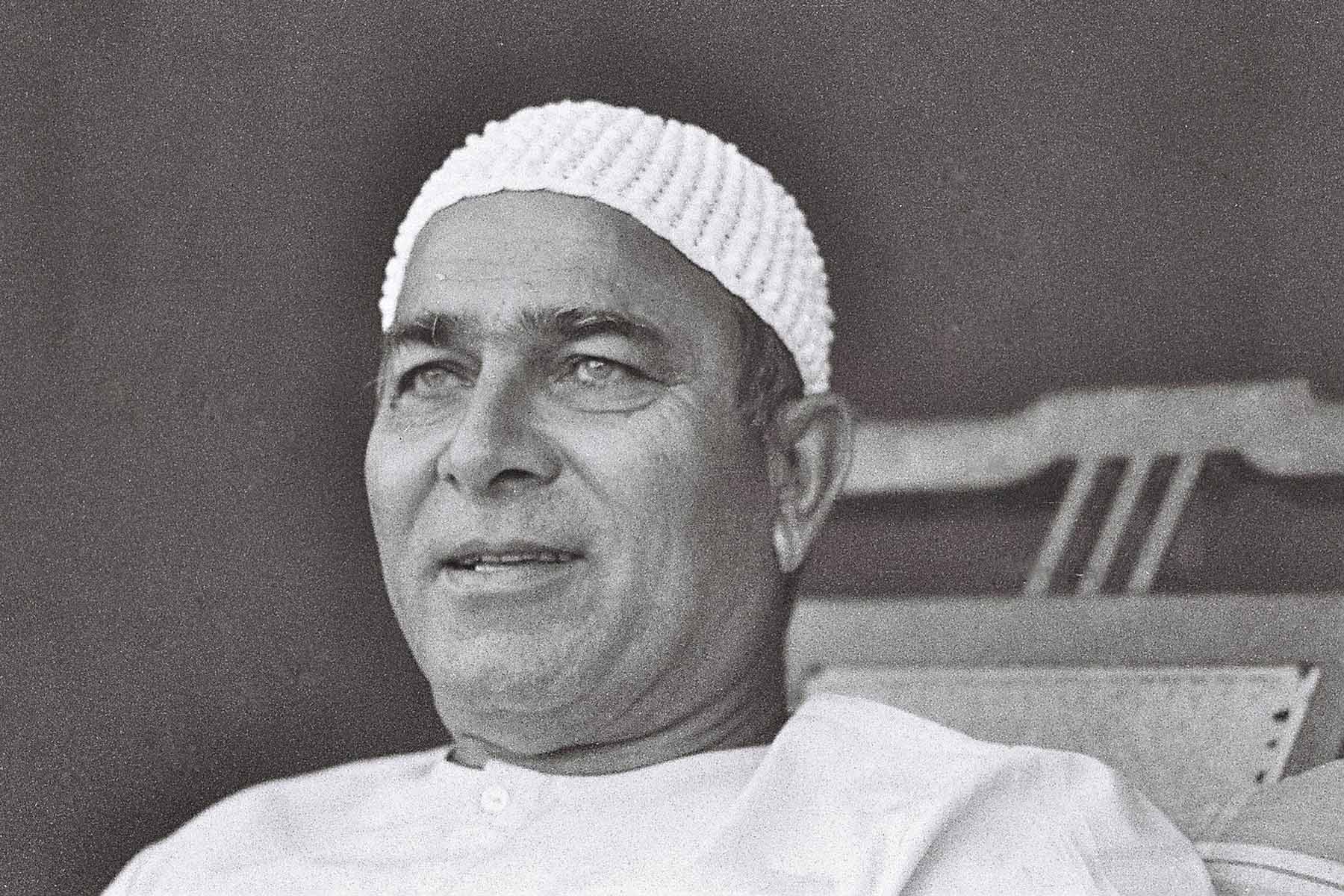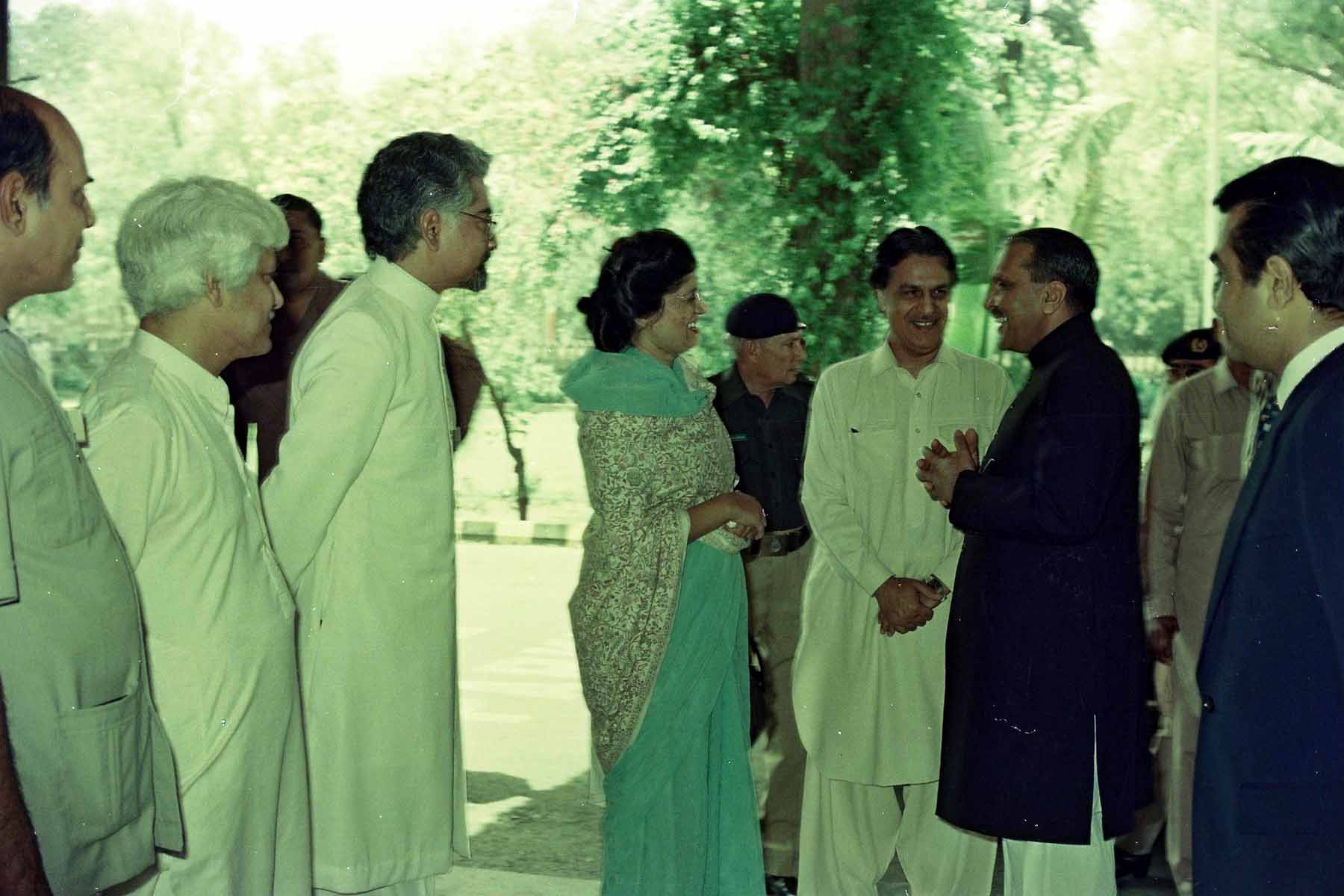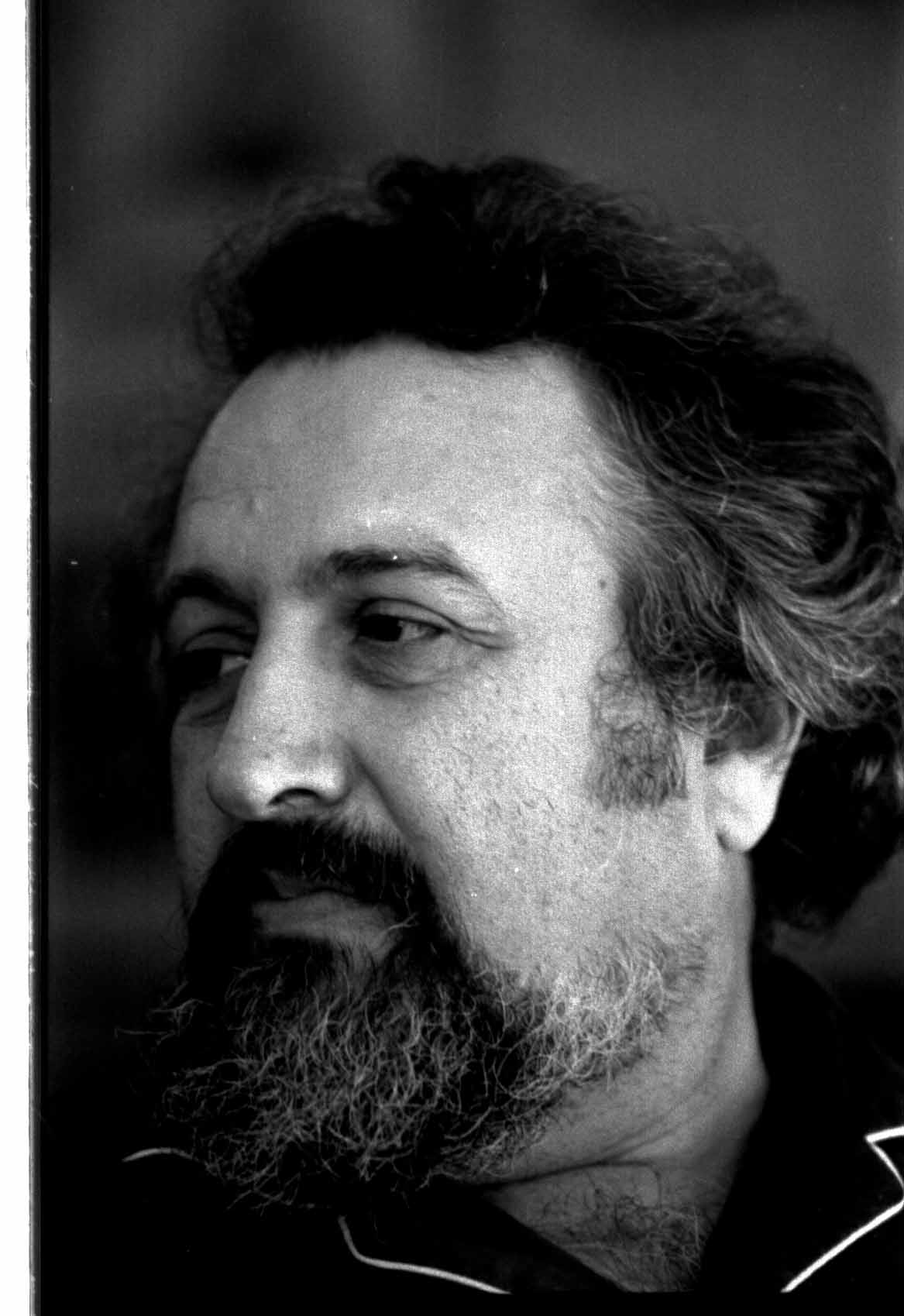Admiral S. M. Ahsan
Admiral Syed Mohammad Ahsan HQA, SPk, DSO, (1921 -1989) was posted to the Royal Naval Engineers in the UK in 1943 and was awarded the Distinguished Service Order for his work during World War ll. He came back to India in 1946 and was appointed ADC to Lord Mountbatten of Burma, who was Supreme Commander of the British Indian Armed Forces. After independence Ahsan was appointed ADC to the Governor General, Quaid-i-Azam Muhammad Ali Jinnah. He became Commander-in-Chief of the Pakistan Navy on 20th October 1966, and when Yahya took over and promulgated martial law on 26 March 1969, he became Deputy Martial Law Administrator. He was appointed Governor of East Pakistan on 1 September 1969.
We met Admiral Ahsan when he was appointed Chief of Naval Staff of the Pakistan Navy and were invited to a party at Naval House in Karachi by his ADC Azhar, who was with me at FC College, where we had lived in the same hostel and I had admired his skill at table tennis. The admiral was a thorough gentleman of totally correct behavior. For example he never used the official car for non-official purposes. As we became friends he came quite often to our house, but he never used his official car, flag or escort. Instead he asked us to send our car to fetch him, or he came with one of his friends in their car. Thus we also became friends with his friends, namely Ghazanfar Isani and Elahi Bux Soomro who often drove him to our house.
Ghazanfar was, like Ahsan, an ex-Royal Navy man who had opted for police service after independence. He belonged to the Pathans settled in and around Shikarpur from the time when the Mughal emperor, under the treaty of 26 May 1779, had ceded Sindh to Nadir Shah. His Afghan successors had made Shikarpur their base for extracting tribute from Sindh, and created a safe haven for Hindu businessmen, who helped them collect money from Sindh and gave them credit when they required. They had their head office in Shikarpur, from whence they traded all over central Asia and Russia in the north, and had their kothis in Muscat and east Africa in the south. Therefore the Pathans of Shikarpur were treated with respect by the old families of Sindh, as befitting their old rulers. Ghazanfar ran his village with an iron hand. When I went round the village to take photographs he sent a person to accompany me, so that I did not behave towards them as not befitting a guest of his. He said that once he heard that a moulvi had come and was preaching equality to them, therefore he came out and thrashed him in front of the villagers so that they did not get any ideas. When he went out a chair followed him, and whenever he stopped he sat on it while every one else either stood around or sat on the ground. Therefore when in the morning I saw him slipping a pistol into his pocket, it surprised me, but when I said, “Why do you need it in your village, where you are treated with so much respect?”, the answer was that you never know when the devil may take hold of them. The reason became clear to me when he asked me if I would like to go to his Gymkhana or to the Sindh Club. These were the two hutments on either side of the village, one of which served charas and bhang and the other opium. People who lived there were those who had not followed his orders, and were placed there till they repented, and while they were there, they were not allowed to go into the village or meet their family members.
As befitting a wadera he had two wives, one belonging to his family, that is, a cousin, and another who could move with him in society. Ghazanfar went to England in the autumn to do pub crawling, and returned with his English wife, who spent the winter holidays in Pakistan before returning to her work as a librarian in the UK. She presented me with a book on how to number and arrange the thousands of books lying around in my house. However, my secretary found it too technical to follow.
As a fellow wadera and police officer, Ghazanfar was privy to many private escapades of prominent personalities of Sindh, and had participated in them. It is a pity that I did not jot them down, because they were interesting stories of rivalry and infighting among Sindhi poiliticians, where one Sindhi politician in power would order the arrest of another. So Ghazanfar as their friend would arrange either their escape or their hospitalization by arranging medical certificates for them. However, I do remember one incident in which Ghazanfar himself was the central character. When riots took place in Karachi after independence, the Quaid-i-Azam escorted by officers Ghazanfar (ASP) and Muzaffer (Asstt Collector), went to the Relief Camp where Hindus had taken refuge. and where a woman accused Ghazanfar of rape. According to Muzaffer, he defended Ghazanfar and the Quaid listened and looked at the woman with steely eyes and said, “You liar!” and moved on. Thus Ghazanfar was saved by Muzaffer, who later as chief secretary of East Pakistan at its fall, was taken to India by the Indian army. It is interesting that Muzaffer’s parents belonged to Hyderabad Deccan, but due to a family feud where forced to settle in Sindh.
Elahi Bux Soomro belongs to the Sumra tribe, which ruled over Sindh before the Samma conquered it and deprived them of their land; therefore they were forced to learn various trades and professions. Col. Soomro, who knew of my interest in history, expressed great anger when he related the story of how their women and nobility were mistreated by Sammas - including the seven virgins of Samui whose graves have been rebuilt recently in Makli. When the British came Soomro took to English education and contracting; and one of them, Khan Bahadur Allah Bakhsh Soomro, became the first native premier of Sindh on 23 March 1938, after Sir Ghulam Hussain Hidayatullah whose father had come from Kashmir. Allah Bakhsh Soomro remained prime minister till the British governor dismissed him on 10 October 1942, for showing disloyalty to the British Raj by supporting the Congress call, and renouncing his British titles of O.B.E and Khan Bahadur. Allah Bakhsh Soomro was shot dead at 9 a.m. on 14 May, 1943, in Shikarpur while travelling in a tonga for work for which Muhammad Ayub Khuhro was arrested; but nothing could be proved and Khuhro was released. Elahi Bux was a nephew of Allah Buksh, and an engineer by education and profession. When he came to our house with Ahsan he was Managing Director of SITE. Elahi Bux told us that if Bhutto ever came into power, one of the things he would do was to sack him and have him arrested. When I asked him why would he do that, he said that it was because he had been a friend of Bhutto, and he had done him many favours. He told me how much Bhutto wanted Nusrat Sabunchi, but that she would not give in unless he married her, which was not acceptable to the Bhutto family. Therefore he had to arrange it, but as Nusrat’s family did not accept the Sunni moulvi, he had to go looking for a Shia moulvi. As they had nowhere to go, he found accommodation for them in his cousin’s suite in the Palace Hotel, which was demolished during the Bhutto regime. Bhutto did as he had predicted on coming into power. He not only sacked Ellahi Bux but also jailed him. And having satisfied his ego, he posted him to the Pakistan High Commission in London as a counselor. When Bhutto was toppled from power Ellahi Bux was elected member of the National Assembly, became its speaker, and later central minister.
Ardeshir Cowasjee, who was, like Elahi Bux, also a childhood friend of Bhutto family, had a similar experience as a friend of Bhutto. When Bhutto came into power he nationalized his shipping company. It especially hurt him that his favourite boat, named by him after his father and personally designed and furnished by him, was taken over. He had invited us a few days earlier for a trip on it round the harbour, to show what a great job he had done. Having shown his power over him, Bhutto compensated him by appointing him chairman of PTDC, but Ardeshir, who was habitually foul mouthed and a spinner of tales, did not stop talking about sala chor Bhutto. Therefore one day Bhutto not only sacked him, but jailed him, and did not release him till his wife and old father went to Islamabad to assure him that Ardeshir would behave in future. But his hatred for his former friend did not diminish, because when the PNA movement started against Bhutto he would call me to take him to PNA meetings, shouting on the way ‘Asghar rasha! Asghar rasha!’, whenever he saw a car with PNA flag. He did not want to use his own car because he said the CID would note down the number, and he would again be in trouble with Bhutto. When Bhutto was sentenced to death and appeals were made to President Ziaul Haq from all over the world to pardon him, Ardeshir went to see Zia to ask him not to pardon him. He came back a disappointed man, because when he asked General Zia not to pardon Bhutto, the general expressed horror, and told him that this was unthinkable, since Bhutto was a great leader who had served Pakistan well. Ardeshir told me that the more he pleaded with Zia that Bhutto should be hanged, the more Zia would defend him, and that ultimately he had told Zia that, “It is either you or Bhutto, and if you do not hang him he will make shoelaces out of your moustache”, referring to what Bhutto was believed to have said in a public meeting.
Kay-ya kay-ya aziz dost milay Mir khak main
Nadan yan kisu ka kisu ko bhi gham hua



